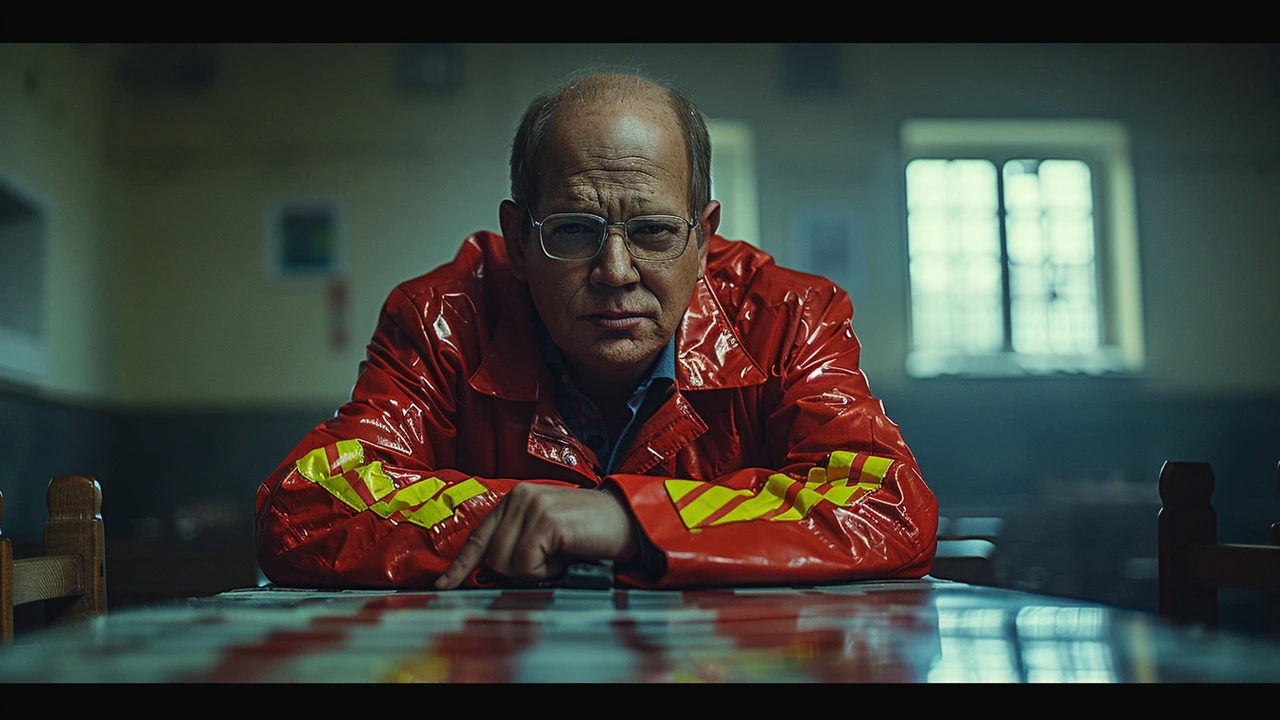Scottish Slang: What It Means and How to Use It
If you’ve ever watched a game in Scotland or chatted with a friend from Glasgow, you’ve probably heard words like “wee” or “bairn.” Those are just the tip of the iceberg. Scottish slang isn’t a random collection of odd words – it’s a living part of the culture, full of history and humor. In this guide we’ll break down the most common terms, explain when to drop them in conversation, and give you a few tricks so you don’t sound like a tourist trying too hard.
Top Scottish Words You’ll Hear
Wee – Small or little. You’ll hear it everywhere: “a wee drink,” “a wee lad.” It’s a gentle way to describe size, and it can soften a request.
Bairn – Child. In the Highlands you might hear “the bairns are playing outside.” It’s a warm, affectionate term.
Peely-wally – Looking pale or sickly. If someone says, “You look peely-wally,” they’re just noting you look a bit off‑color.
Ken – To know. “Do you ken where the shop is?” means “Do you know where the shop is?”
Glaikit – Foolish or clueless. It’s a light‑hearted jab: “He’s a bit glaikit about the new rules.”
Messages – Groceries. “I’m off to get the messages” is how Scots say they’re buying food.
Haver – To talk nonsense. “Stop harrying on about that, you’re just having a havar.” It’s a playful way to call out rambling.
Scunnered – Fed up or irritated. “I’m scunnered by the rain” tells you the weather’s getting on your nerves.
Tips for Using Scottish Slang Naturally
First, listen more than you speak. Catch how locals blend slang with standard English – they rarely use it in every sentence. Drop a word or two in a casual chat, not a formal email.
Second, match the tone. Many Scottish terms are friendly and informal. Saying “cheers, mate” after a pint feels natural, but using “glaikit” in a job interview would look odd.
Third, respect the regional differences. Glasgow, Edinburgh, Aberdeen and the islands each have their own flavour. For example, Glaswegians might say “bampot” for a goofy person, while Highlanders prefer “mad.” If you’re unsure, stick to the universally understood words like “wee,” “ken,” and “bairn.”
Finally, practice with a native speaker if you can. A quick “How’s it going?” followed by “Aye, it’s a braw day” will get a smile and maybe a lesson. Most Scots appreciate the effort and will gladly correct you.
Remember, slang is about community. Using a few Scottish terms shows you’re interested in the culture, not trying to mock it. Keep it light, stay authentic, and you’ll fit right in at the local pub or on the football pitch.
So next time you’re planning a trip to the Highlands or just want to impress a friend, throw in a “wee” or ask if they “ken” the best spot for haggis. You’ll sound friendly, approachable, and a little bit Scottish – all in one go.
Immerse Yourself in Scottish Slang: 'Still Wakes The Deep' Subtitle Options Explained
Jun, 21 2024
The North Sea horror game 'Still Wakes The Deep' offers a unique feature: players can switch subtitles from 'International English' to 'English (UK)' to experience authentic Scottish slang. Lead designer Rob McLachlan of The Chinese Room shared this on Xitter, emphasizing the game's commitment to realism.

